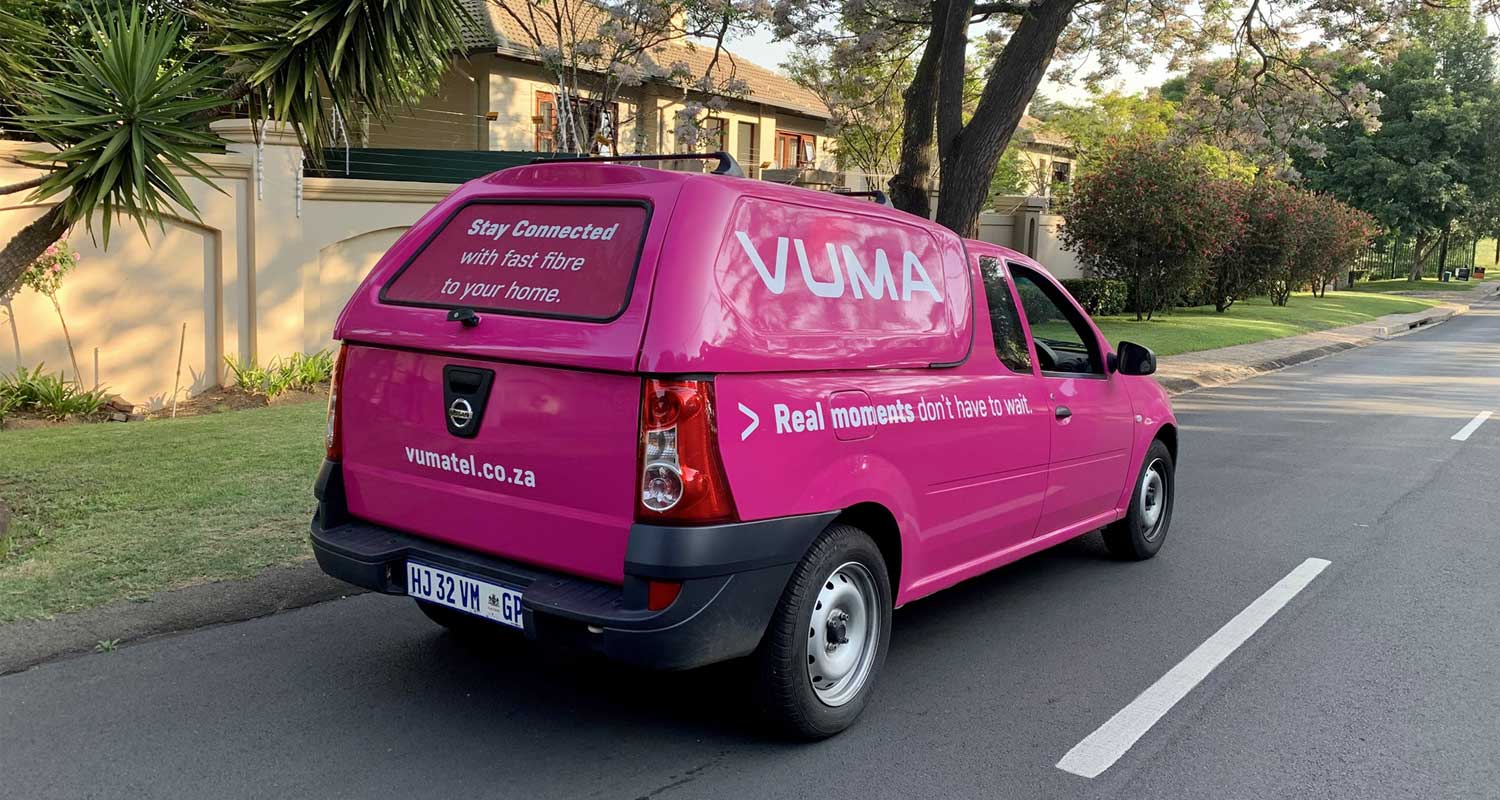According to Eastern Cape Health Department spokesperson Mkhululi Ndamase, 94 girls in the province between the ages of 10 and 14 have given birth at public health facilities since April, while 3,961 girls and women between the ages of 15 and 19 have given birth during the same period.
The Eastern Cape has faced significant challenges when it comes to teenage pregnancies. Ndamase said the Social Development and Education departments had met with teachers, parents and learners in Alfred Nzo and Ingquza Hill municipalities.
Ndamase said there were several factors contributing to the rates of teenage pregnancy:
“Lack of adequate parental care, support and supervision, lack of factual education around sexual reproductive health, and gender-based violence, especially in areas where there are no hostels … children are renting in areas where they study and they become victims.”
In 2023, Daily Maverick reported that between 2020 and 2023, at least 1,841 girls aged 10 to 14 gave birth at public health facilities in the province. Between 2020 and 2022, at least 17,740 teenagers aged 15 to 19 gave birth at state hospitals in the province.
Eastern Cape ranked third for registered teenage pregnancies, after KwaZulu-Natal and Limpopo.
Read more: Children who give birth to children — Eastern Cape confronts scourge of teenage pregnancy
Ndamase said that these teenage pregnancies are not only a Health Department issue but also a societal issue and that everyone should play a role in addressing the crisis.
According to a report by Newzroom Afrika, Zwelitsha High School in Ntabankulu reported 27 pregnancies in 2023. This year, the rural school confirmed that there were 19 pregnancies.
Responding to the high teenage pregnancy rates, Vuyiseka Mboxela, spokesperson for Eastern Cape Education MEC Fundile Gade, said: “[The Education Department] gets so affected… learners would sometimes miss school and some would get sick during class.”
Mboxela said his department had been working with the health department to teach pupils about the disadvantages of teenage pregnancy.
Read more: Urgent need for intervention to protect adolescent girls caught in web of GBV and teenage pregnancy
‘Predators’
Zoleka Mtiya (39), who runs awareness programmes to educate young people on health matters, says the increase in teenage pregnancy is sometimes due to older men, not just teenage boys.
“We have predators in our societies and society is silent about older men who prey on young girls. There are older men involved, not young boys. In the province, the departments of health and education have tried to educate young girls through awareness programmes but it is beyond the departments’ control.”
Mtiya also said society does not hold boys or men accountable for impregnating school girls.
“When it comes to a boy child, society does not want to take responsibility. No one cares what a boy child does in the evenings, where they go, and a boy can have unprotected sex and no one cares.”
According to a News24 report, a 16-year-old Grade 10 pupil from Molautsi Secondary School in Limpopo gave birth inside a school toilet in July 2024.
A student reported that she heard someone groaning in pain from the next bathroom stall. She knocked and asked if the person needed water, but the person said she was fine. The student told her teacher, who asked the teacher’s assistant to check, but the assistant did not.
Two hours later, during the break, the student went back to the bathroom and saw blood coming from under the stall door. She subsequently heard a baby crying.
At the time, the Limpopo Department of Health said the mother and her baby were doing well.
Underreporting
Daily Maverick has reported that of the 553 girls aged between 10 and 14 who gave birth in Eastern Cape between March 2022 and March 2023, only 60 cases of statutory rape were opened.
The Democratic Alliance’s health spokesperson in the province, Jane Cowley, said these pregnancies are sometimes the result of statutory rape and that they are underreported.
“There are no reports of who the father is, and there is no accountability. This is heartbreaking. This is a multifaceted problem. Some of these children have been sexually abused by family members who will then not allow them to report these cases,” said Cowley.
She added that the police and the health and education departments needed to become more involved.
“The clinics are so short-staffed and so under the gun to deal with their patient load every day, and to try to stretch them to do extra sexual education with young groups is like asking the impossible.”
The acting head of the Eastern Cape Department of Health, Sindi Gede, said in a 2023 written reply to the legislature that pregnant children are referred to social workers for management and counselling.
“There is no policy that guides the healthcare workers on actions to take when these incidents occur. The Eastern Cape Department of Health is discussing with the National Department of Health to lead the development of this policy in collaboration with associated departments including Justice, Police, Social Development, Education, Cooperative Governance and Traditional Affairs, and any other affected stakeholders.” DM
![]()



 1 month ago
80
1 month ago
80















